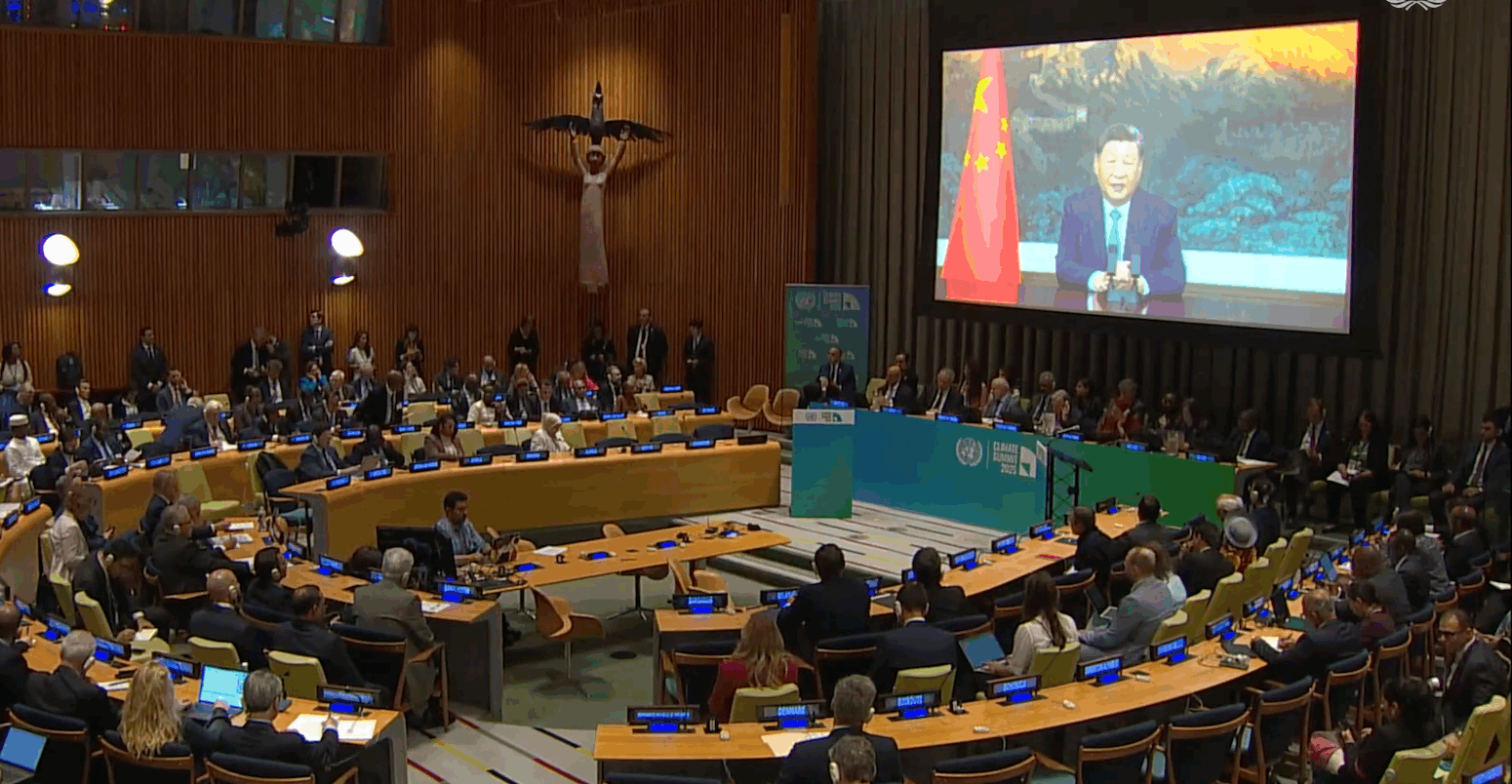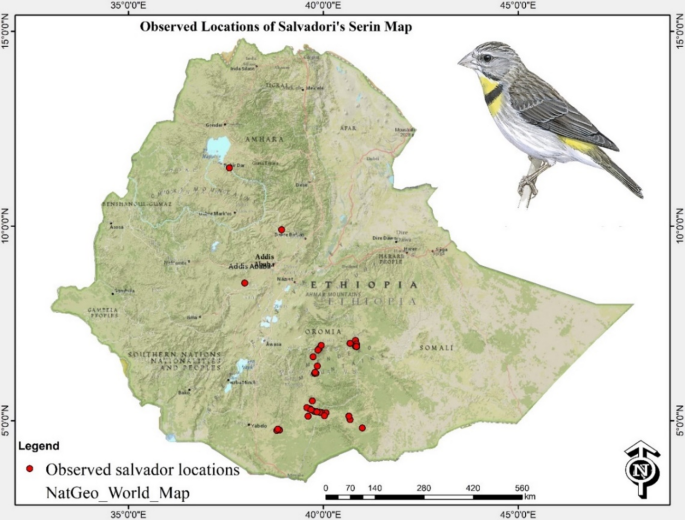Report on Global Climate Action and Sustainable Development Goals
Executive Summary
An assessment based on the State of Climate Action 2025 Report indicates that global efforts to mitigate climate change are failing to meet the 2030 targets established under the Paris Agreement. This significant deviation from the required trajectory directly compromises the achievement of the United Nations Sustainable Development Goals (SDGs), particularly SDG 13 (Climate Action).
Key Findings and Analysis
- Target Shortfall: The primary finding of the report is that international initiatives are off-track in limiting climate change as per the 2016 Paris Agreement’s objectives for 2030.
- Expert Commentary: According to analysis provided by Kelly Levin, Chief of Science, Data and Systems Change at the Bezos Earth Fund, the data reveals a critical gap between climate pledges and tangible outcomes.
- Impact on SDG 13: The lack of progress represents a direct challenge to the fulfillment of SDG 13, which calls for urgent action to combat climate change and its impacts.
Implications for Sustainable Development Goals (SDGs)
- SDG 13 (Climate Action): The report’s conclusions highlight a severe deficit in the global response required to meet the targets of SDG 13. The current pace of action is insufficient to achieve the goal of strengthening resilience and adaptive capacity to climate-related hazards.
- Interconnected Goals: Failure to advance on SDG 13 has cascading negative effects on other SDGs. Progress in areas such as SDG 7 (Affordable and Clean Energy) and SDG 11 (Sustainable Cities and Communities) is intrinsically linked to climate mitigation strategies and is therefore also at risk.
- SDG 17 (Partnerships for the Goals): The findings question the effectiveness of global partnerships, such as the Paris Agreement, in mobilizing the necessary commitment and resources to achieve the 2030 Agenda for Sustainable Development.
Sustainable Development Goals (SDGs) Addressed in the Article
Analysis of Identified SDGs
-
SDG 13: Climate Action
This is the primary SDG addressed. The article explicitly discusses “Global climate change limit efforts” and their status relative to established goals. The mention of the “Paris Agreement” and the “State of Climate Action 2025 Report” directly ties the article’s content to the international framework for combating climate change, which is the core of SDG 13.
-
SDG 17: Partnerships for the Goals
This SDG is also relevant. The article references the “Paris Agreement,” which is a global partnership among nations to combat climate change. Furthermore, the involvement of a non-state actor, the “Bezos Earth Fund,” highlights the multi-stakeholder partnerships necessary to mobilize resources and drive “systems change” for sustainable development, a key aspect of SDG 17.
Specific SDG Targets Identified
Analysis of Identified Targets
-
Target 13.2: Integrate climate change measures into national policies, strategies and planning.
The article directly connects to this target by referencing the “2030 goals set out by the Paris Agreement.” The Paris Agreement requires signatory nations to establish Nationally Determined Contributions (NDCs), which are the embodiment of integrating climate measures into national planning. The article’s central point, that these efforts are “off-track,” is a direct commentary on the progress (or lack thereof) towards achieving this specific target.
-
Target 17.16: Enhance the global partnership for sustainable development, complemented by multi-stakeholder partnerships that mobilize and share knowledge, expertise, technology and financial resources.
The Paris Agreement itself is a manifestation of this target’s goal to enhance global partnerships. The mention of the “Bezos Earth Fund” and its “chief of science, data and systems change” points to the role of multi-stakeholder partnerships in providing financial resources and scientific expertise to support the achievement of climate goals, as outlined in this target.
Indicators for Measuring Progress
Analysis of Identified Indicators
-
Implied Indicator: Progress reports on the implementation of national climate policies.
The article explicitly mentions the “State of Climate Action 2025 Report” as the source for the assessment that efforts are “off-track.” This report functions as a practical indicator used to measure progress. It evaluates the collective success of the integrated policies and plans mentioned in Target 13.2. While not a formal UN indicator number, the report itself and its findings (e.g., the “off-track” status) are the measures of progress discussed in the text.
Summary Table: SDGs, Targets, and Indicators
| SDGs | Targets | Indicators |
|---|---|---|
| SDG 13: Climate Action | Target 13.2: Integrate climate change measures into national policies, strategies and planning. | Implied Indicator: The assessment from the “State of Climate Action 2025 Report,” which measures whether global efforts are on or off track to meet the goals of the Paris Agreement. |
| SDG 17: Partnerships for the Goals | Target 17.16: Enhance the global partnership for sustainable development, complemented by multi-stakeholder partnerships. | Implied Indicator: The existence and involvement of entities like the “Bezos Earth Fund” in analyzing and contributing to global climate efforts, alongside the framework of the “Paris Agreement.” |
Source: cbsnews.com







